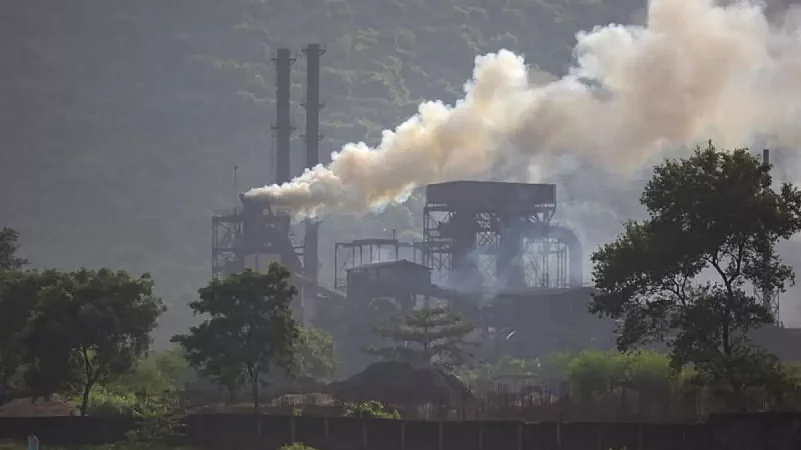The efforts being done by countries to mitigate climate crisis help to curb greenhouse gas emissions, but still fall short to keep the temperature rise below 1.5 degree mark by the end of the century. In fact, the current commitments by 193 Parties under the Paris Agreement would be able to realise the 2.5 degrees Celsius of warming by the century end, says the recently released NDC Synthesis Report by the United Nations Framework Convention on Climate Change (UNFCCC).
Simon Stiell, Executive Secretary of UNFCC, said on the occasion, “The downward trend in emissions expected by 2030 shows that nations have made some progress this year. We are still nowhere near the scale and pace of emission reductions required to put us on track toward a 1.5 degree Celsius world.”
The report aggregates the data of 166 countries submitted as part of their Nationally Determined Contributions (NDCs). A 10.6 % of emissions increase by 2030 (in comparison to 2010 levels) will be seen as a result of the current level of climate commitments. It is further predicted in the report that after 2030, the emissions will not increase but the drop is not in accordance to the need of the century.
The Intergovernmental Panel on Climate Change says that a drop of 43% by 2030 in greenhouse gas emissions is needed to limit the temperature rise to 1.5 degrees Celsius by this century end to avert serious climate impacts of droughts, heat waves and rainfall.
With COP27 just days away, Stiell said that it is an opportunity for governments to strengthen their climate policies and narrow the gap between expected and actual emissions. Even though at the COP26 countries pledged to re-examine their climate action commitments, Stiell was disappointed to see only 24 new or updated climate plans.
Samesh Shoukry, COP27 President-Designate, said on the occasion that the report is well in time nudge to act. Shoukry opined COP27 will be a “watershed moment on climate action”. Shoukry, who is also the Minister of Foreign Affairs in Egypt, which is hosting COP 27, added. “This is a sobering moment, and we are in a race against time. Several of those who are expected to do more, are far from doing enough, and the consequences of this are affecting lives and livelihoods across the globe. I am conscious that it is and should be a continuum of action until 2030 then 2050, however, these alarming findings merit a transformative response at COP27.”
India submitted its updated Intended Nationally Determined Contribution (INDCs) to UNFCCC in August and reiterated to reduce emissions intensity by 45% by 2030 from 2005 baseline.
At COP26 held in Glasgow, India also bought to fore the climate finance needs to meet the commitments. Ulka Kelkar, Director, Climate, World Resources Institute India, says, “this report shows that current climate finance is insufficient to implement even a subset of these NDCs and needs a new substantively larger finance.”































